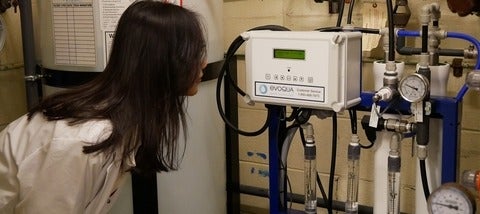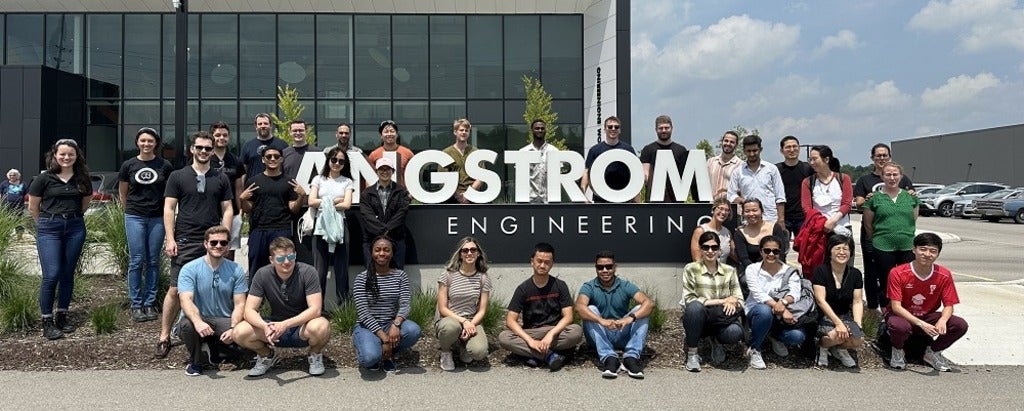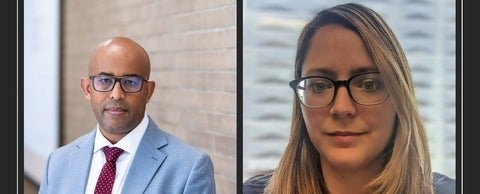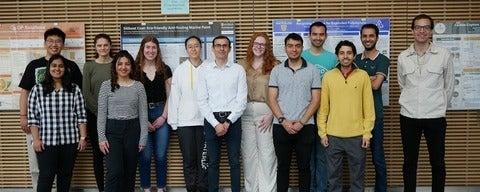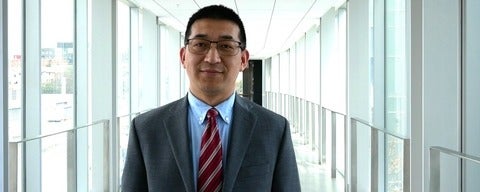Leveraging 3D imaging in the battle against microplastics
Ever heard of the phrase coined by Friedrich Nietzsche, “the devil is in the details”? Professors William Anderson and Boxin Zhao have advanced the battle against microplastic pollution by uncovering the intricate details of how microplastics degrade in the environment. Observation and understanding the fine details of microplastics are key to eradicating them from our environment.
The research group has been able to observe the degradation of micro and nanoplastics with unprecedented detail. In collaboration with the National Research Council (NRC) researchers leveraged 3D imaging technology, which allows for a much deeper understanding of the microplastic degradation process than traditional 2D microscopy.
This detailed observation is the first of its kind, demonstrating the potential of 3D imaging as a powerful tool in microplastic research.
